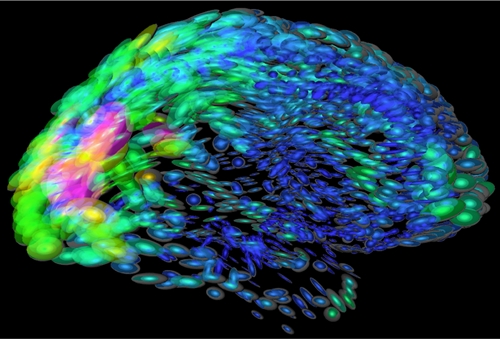14 August 2015. In a new challenge on InnoCentive, the Epilepsy Foundation is seeking methods and interventions to reduce sudden unexpected death in epilepsy, or SUDEP. The competition has a purse of $30,000 and deadline for submissions of 13 October 2015.
InnoCentive in Waltham, Massachusetts conducts open-innovation, crowdsourcing competitions for corporate and organization sponsors. Free registration is required to see details of the competition.
Epilepsy is a neurological disorder where nerve cell activity in the brain is disturbed, causing seizures with symptoms ranging from blank stares to tingling sensations to loss of consciousness. Some 150,000 people develop epilepsy each year in the U.S., according to Epilepsy Foundation, with 1 in 26 people developing epilepsy in their lifetimes. Despite advances in medications to control seizures, some 500,000 Americans appear to be resistant to current medications and continue to experience seizures.
For this competition, the SUDEP Institute, part of the Epilepsy Foundation is seeking methods or interventions to reduce the risk of seizures, especially convulsive or tonic-clonic seizures — sometimes called grand mal seizures — to prevent SUDEP. People with epilepsy have to deal with a lack of awareness, as well as fear and discrimination that gets many individuals to hide their epilepsy and to accept seizures instead of finding effective treatments. In addition, because some people with epilepsy do not realize seizures can be life threatening, they do not adhere to their treatment plans.
Epilepsy Foundation is looking for innovative ways to help people with epilepsy keep track of their behaviors, medications, and symptoms. With these pieces of information patients and their caregivers can have conversations with physicians about appropriate treatments to control seizures, reduce the risk of convulsive seizures, and limit the side effects of medications.
InnoCentive calls this type of competition a theoretical challenge requiring a written proposal that fleshes out an idea before it becomes a proven concept. Proposals submitted in a theoretical challenge usually offer detailed descriptions and specifications showing how the ideas would work.
The challenge has a total purse of $30,000 although InnoCentive does not indicate the number of awards planned or value of individual awards. The sponsor asks competitors receiving awards to grant a non-exclusive license to their intellectual property. Epilepsy Foundation may also offer a non-monetary prize to participants in the challenge with outstanding concepts. Winning participants may be connected with resources, such as industry expert or crowdfunding to encourage development of promising ideas.
Read more:
- Wireless System Developed to Deliver Drugs to Brain
- Neuro-Electronic Wire Mesh Demonstrated
- Patent Awarded for Neurostimulation Electronics
- Handheld Probe Detects Cancer Cells in Brain
- Eye Tracking System Devised to Diagnose Brain Injuries
* * *


 RSS - Posts
RSS - Posts
You must be logged in to post a comment.